Humans are Born Selfish, not Compassionate
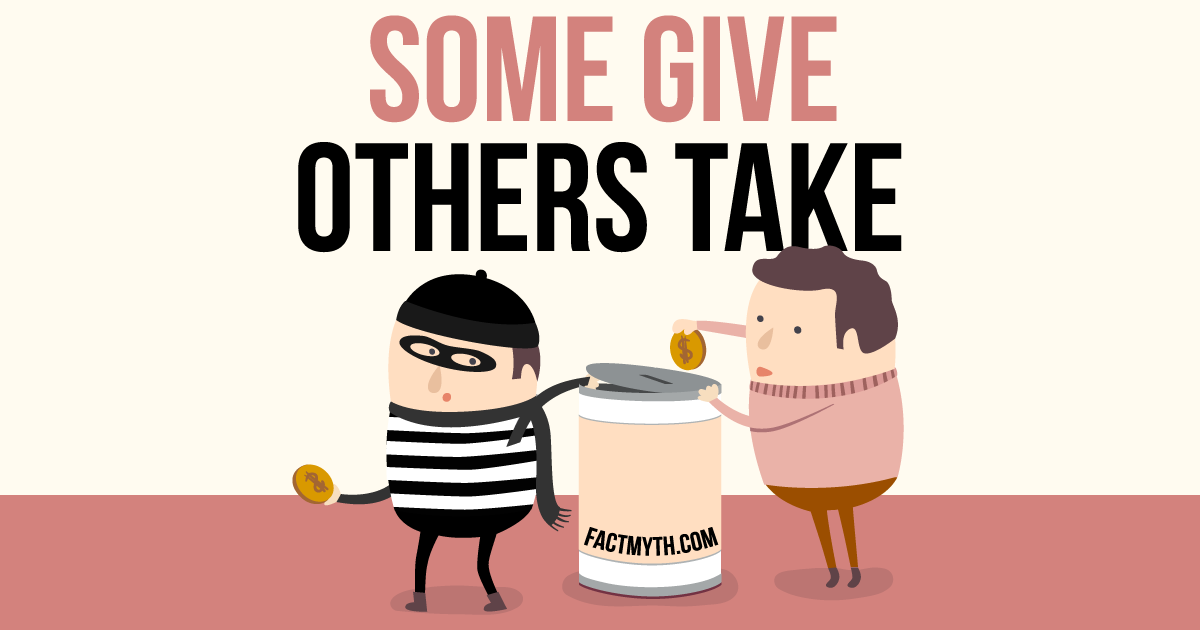
Humans are born both selfish and compassionate; we are hardwired to show compassion to our group and fear to those outside it. It’s genetic self-interest.
Biology (or Biological Science) is the study of living organisms.

Humans are born both selfish and compassionate; we are hardwired to show compassion to our group and fear to those outside it. It’s genetic self-interest.
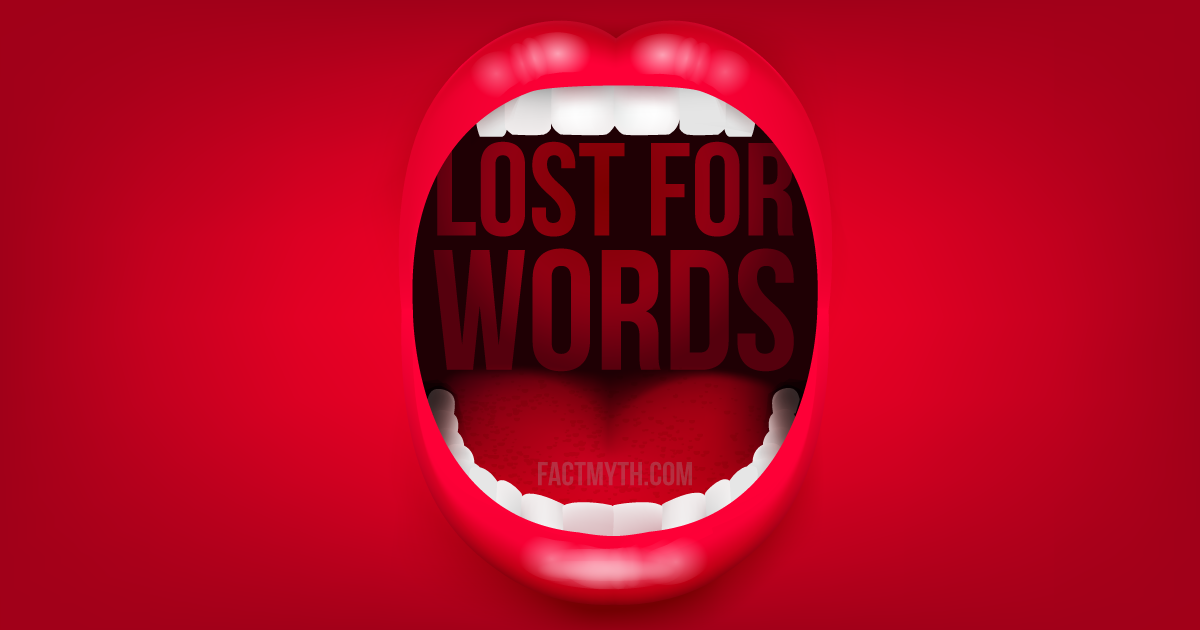
The speed and complexity of our thoughts exceed our abilities of language and communication, specifically our ability to convey complex ideas.
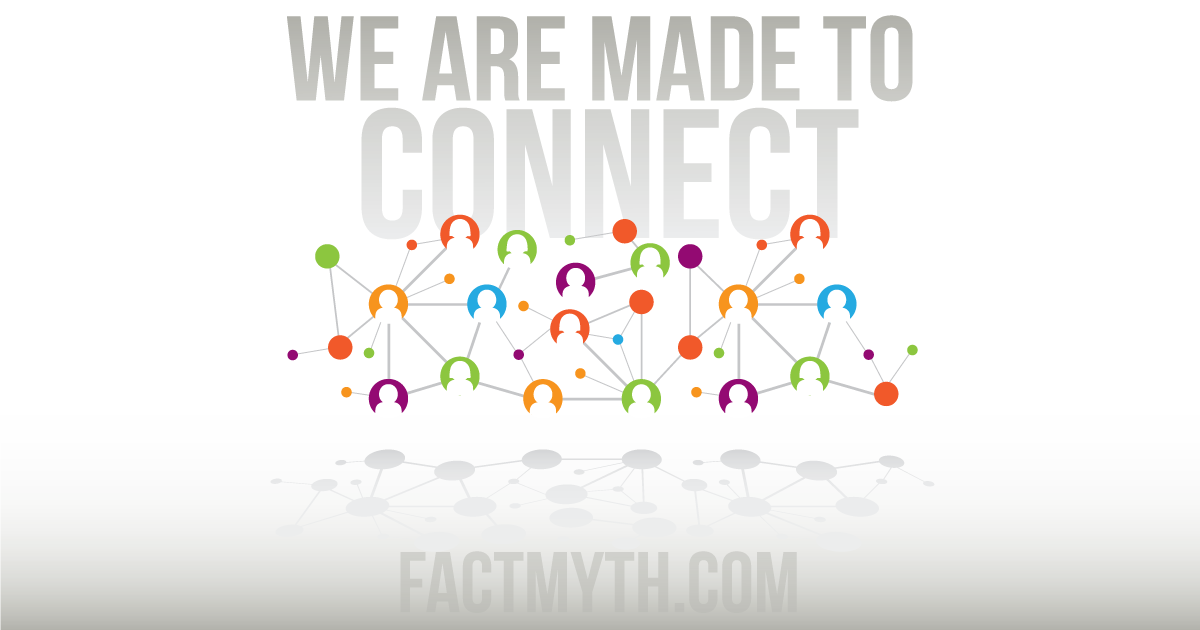
Humans are hardwired to be social beings. We naturally cooperate, care, and compete. From quarks, to cells, to plants, to animals, cooperation is in our DNA.
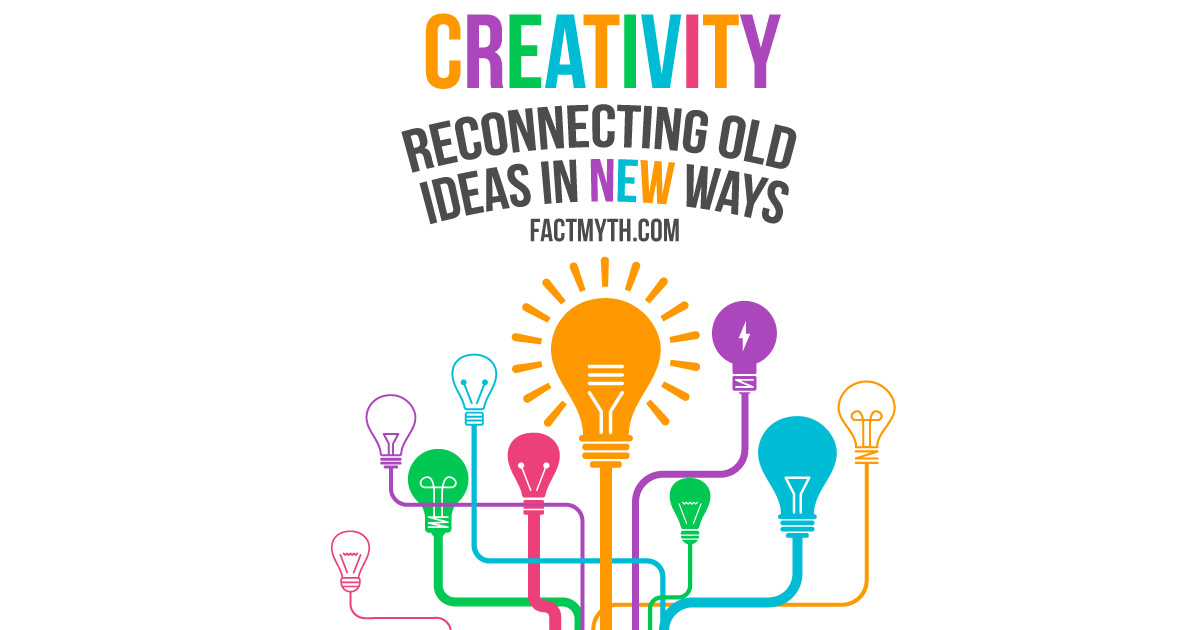
Humans can’t have new ideas without prior sensory input. We copy, transform, and combine old ideas to create new ones.
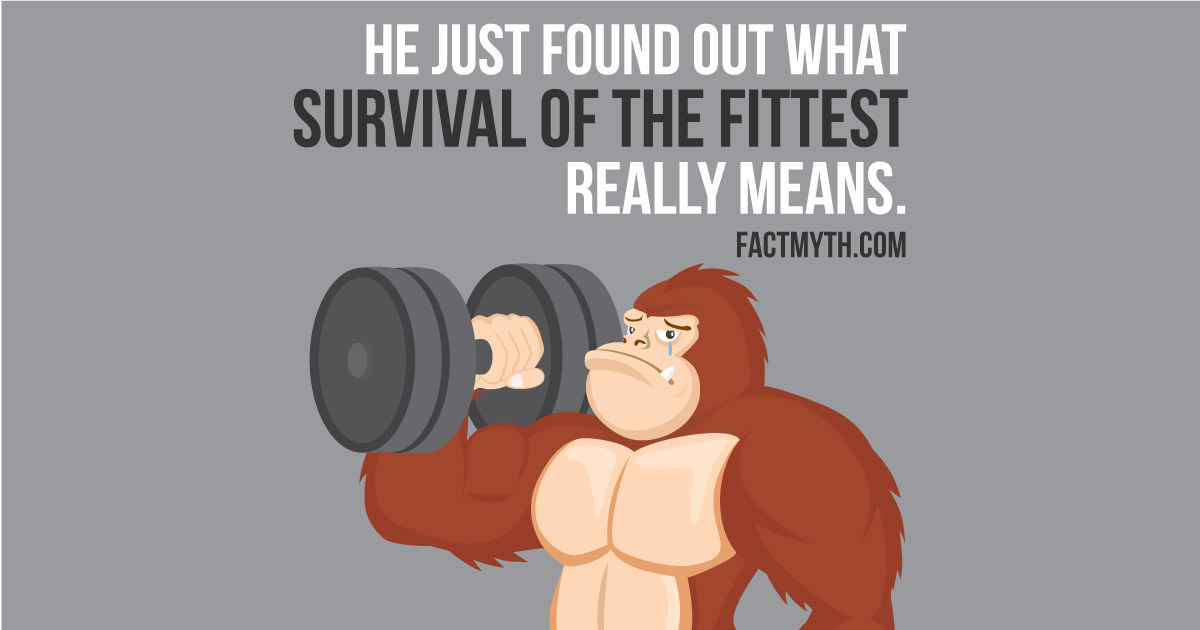
“Survival of the fittest” means that those who are best adapted to their environment thrive and tend to be favored by evolution due to “natural selection”. It does not mean that “only the most physically strong or mentally strong thrive”.
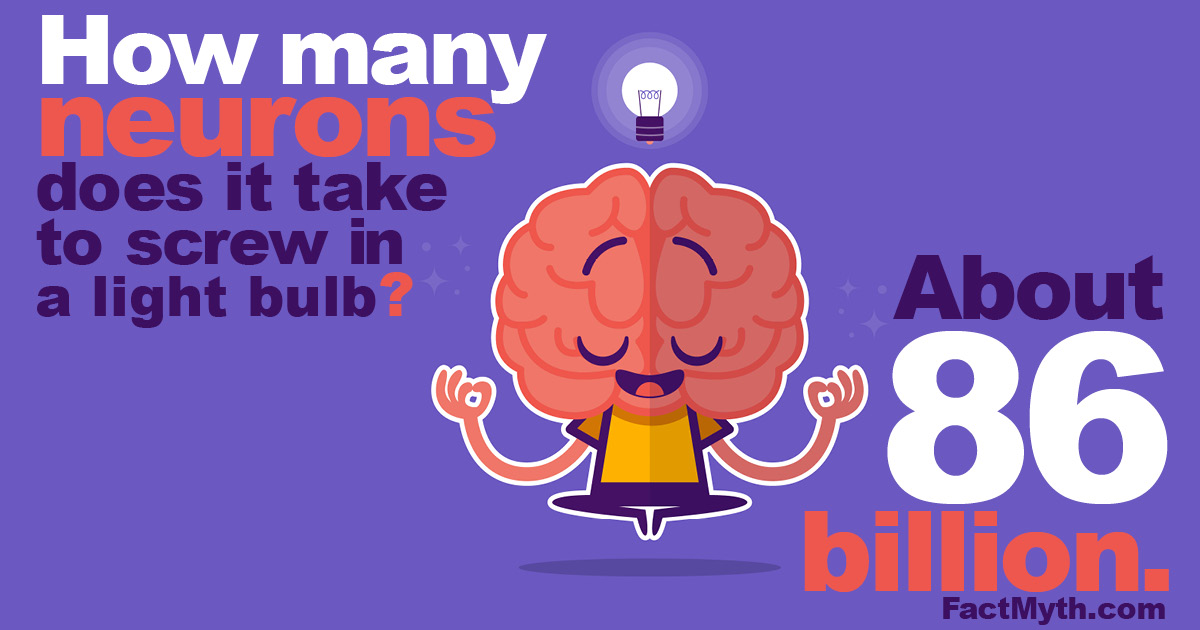
Studies show the average human has about 86 billion neurons and roughly as many glial cells, however the exact number of neurons and glial cells remains unknown.
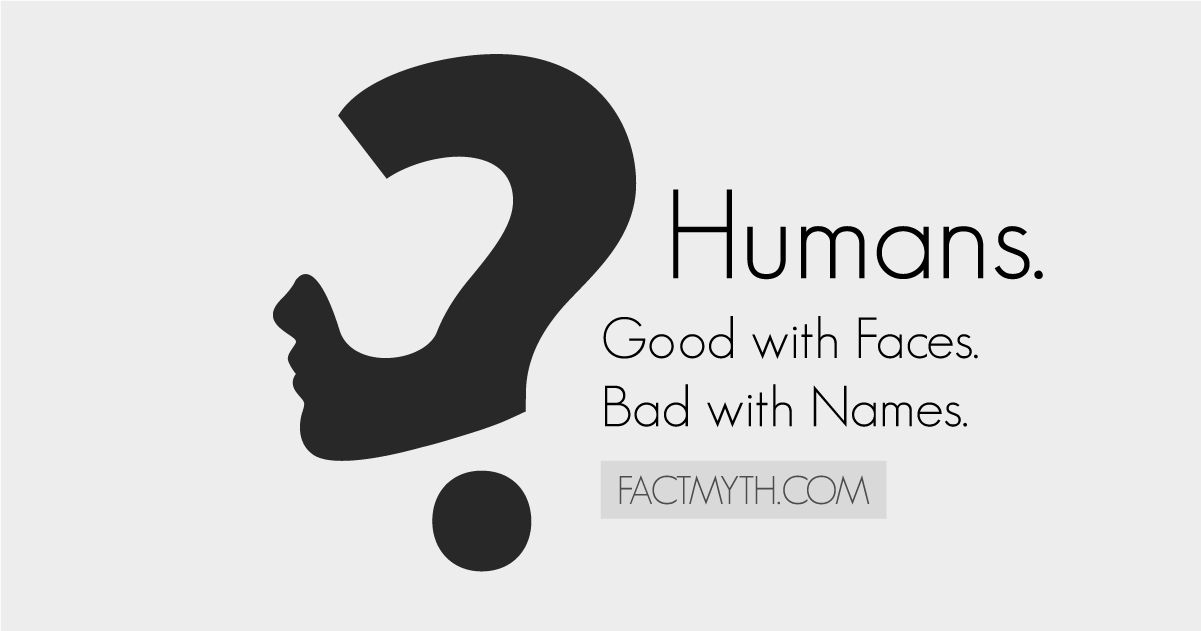
The average human has a limited short-term memory and a fairly inaccurate long-term memory. This is due to the way we process, encode, and recall memories.

People can’t multitask effectively. Giving simultaneous attention to tasks, or alternating and dividing attention between tasks, reduces the performance of at least one task.
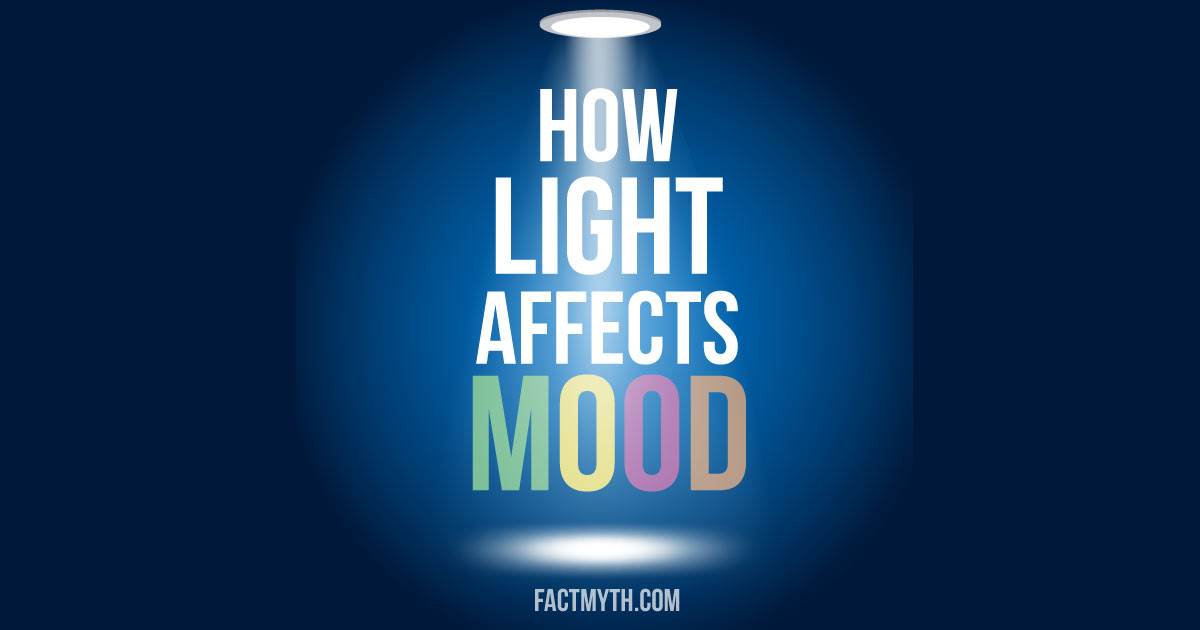
Exposure to light in moderation, especially natural sunlight, can have an uplifting effect on mood, while excessive darkness can have the opposite effect.
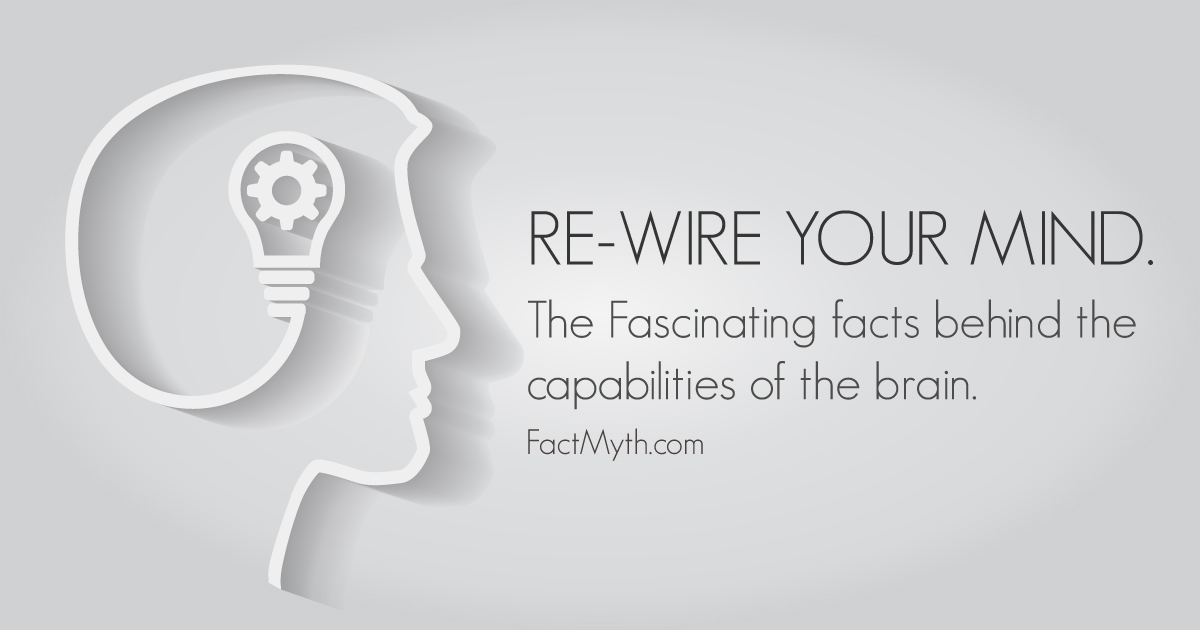
Thoughts and other stimuli can essentially “rewire” our brain, strengthening useful synaptic pathways and weakening less used ones, this is called neuroplasticity (AKA learning and memory).